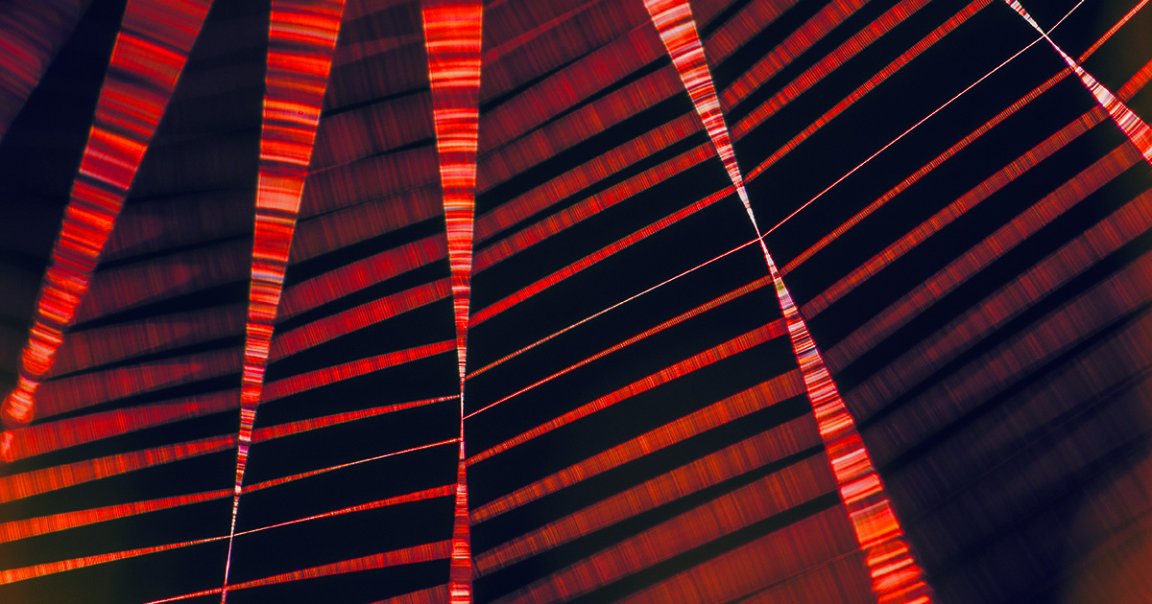
Upcycling Goals
Now that’s how you upcycle.
In a recent study, researchers at Rensselaer Polytechnic Institute were able to gene-hack a strain of bacteria to turn wasteful polyethylene plastic into a spider silk-like material as strong as Kevlar — a fascinating way to transform harmful trash into a resilient and versatile biomaterial.
Polyethylene, which is used in single-use plastics like shopping bags and bottles, reigns as the most used plastic in the world; it may not be surprising, then, to know that it’s also one of the world’s biggest pollutants. It can take anywhere from 20 years to nearly a century for polyethylene plastics to decompose, and very little of it ever actually gets recycled. Figuring out what to do to counter its ubiquity is a serious and ongoing problem — and that, excitingly, is where this spider silk discovery from the Rensselaer researchers comes in.
As the scientists explain in their study, published in October in the journal Microbial Cell Factories, they were able to use genomics to create Pseudomonas aeruginosa, a new strain of plastic-munching bacteria integrated with recombinant genes — or new alleles created through a process of breaking-down and piecing-back-together DNA from different critters — for a “spider dragline-inspired silk protein.”
The result? A sustainable process that simultaneously eliminates plastic and creates a strong, protein-packed new material.
Waxen Feast
The Rensselaer scientists aren’t the first researchers to try to copycat spider silk. It’s surprisingly strong and complex for its apparent fragility, making it a natural engineering marvel — or, as study coauthor and assistant professor of chemical and biological engineering Helen Zha put it in a statement, it’s “nature’s Kevlar.”
“It can be nearly as strong as steel under tension,” said the researcher. “However, it’s six times less dense than steel, so it’s very lightweight.”
To be clear, the bacteria aren’t chomping down on plastic goods outright. As noted in the study, the researchers had to first depolymerize the plastic goods, applying pressure to heat them into a soft and waxy substance; this waxy concoction is what’s fed to the bacteria and, after a process of bacteria-abetted fermentation, ultimately converted into the powerful biomaterial. Better yet: no extra chemicals needed.
“What’s really exciting about this process,” said Zha, “is that unlike the way plastics are produced today, our process is low-energy and doesn’t require the use of toxic chemicals.”
Per a press release, the scientists are now exploring whether it’s possible to replicate the low-energy and low-toxicity concept on a bigger scale.
“The best chemists in the world could not convert polyethylene into spider silk, but these bacteria can,” said Zha. “We’re really harnessing what nature has developed to do manufacturing for us.”
More on recycling: Scientists Say Recycling Has Backfired Spectacularly